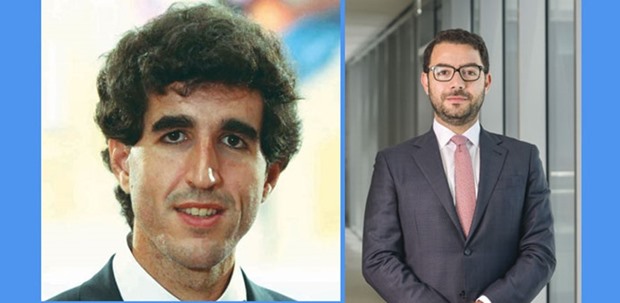The Middle East and North African (Mena) family businesses, which generate 60% to 80% of non-oil gross domestic product (GDP), need to institutionalise to overcome the growing challenges, thus calling for strengthening their governance and strategy and enabling them to access finance at attractive terms, according to Strategy&, a global consultant.
The Mena family businesses are currently facing three main challenges to sustainable business growth with transitioning from generation to generation, increasingly challenging business environments and more complexity in existing business models, it said in a report.
Family business models have also become more complex, often having a fragmented portfolio spread across various asset classes, geographies and industries, which can create instability and the need for more oversight, the report said, adding tighter financial conditions, increased competition, economic slowdown and disruptive innovative trends continue to threaten these businesses.
Asserting that family conglomerates in the Mena region need to focus on becoming institutions, Ramy Sfeir (partner with Strategy& and the leader of the family business, investments, and real estate practice in the Middle East) said the journey towards becoming professionally-run institutions will be different for each family business and each will have a different starting point.
Institutionalisation will not only successfully separate family matters from corporate affairs, increase professionalism and maximise value to the owners of the business, but also make the transition from a family business to a professional enterprise run to the highest standards of corporate governance and transparency, he said.
Finding that family conglomerates, in which the majority of ownership or control lies within one or several families, generate around 60% to 80% of non-oil GDP in some countries, it said these enterprises are diversified, often owning a mixture of assets across sectors, and typically include significant real estate holdings. They are also often dominant players in such sectors as distribution, industrial manufacturing, real estate, and construction.
As Mena family conglomerates look beyond their institutionalisation journey, they need to take a step back and reflect on their long-term expectations in terms of wealth creation, growth, and liquidity, Marc-Albert Hamalian - partner with Strategy& and a member of the family business, investments, and real estate practice in the Middle East - said.
“Ultimately, family businesses should recognise that beyond any required governance and ownership initiatives, their only sustainable source of value creation comes from ensuring they have a solid growth strategy for the business, and the ability to execute their defined initiatives, irrespective of ownership type and control,” the report said.
Highlighting that family companies also have to cope with a much tighter funding environment than in the past, it said without strong governance, institutionalisation, and strategic focus, family businesses are not attractive to lenders.
Indeed, with less to lend, banks are putting first such institutions as publicly listed companies, multinationals, and large enterprises. This is because these companies tend to be more transparent and have clear separation between categories of assets.
An additional financing problem is the effect of disagreements within a family company about its direction during the generational handover, it said, adding the result is that some members of the family may refuse to dispose of family assets, put their own money into the business, or borrow against dormant land banks, Strategy& said.
Business / Business
Mena family businesses urged to boost governance for access to attractive finance

Hamalian and Sfeir: Call for family businesses to start becoming institutions
